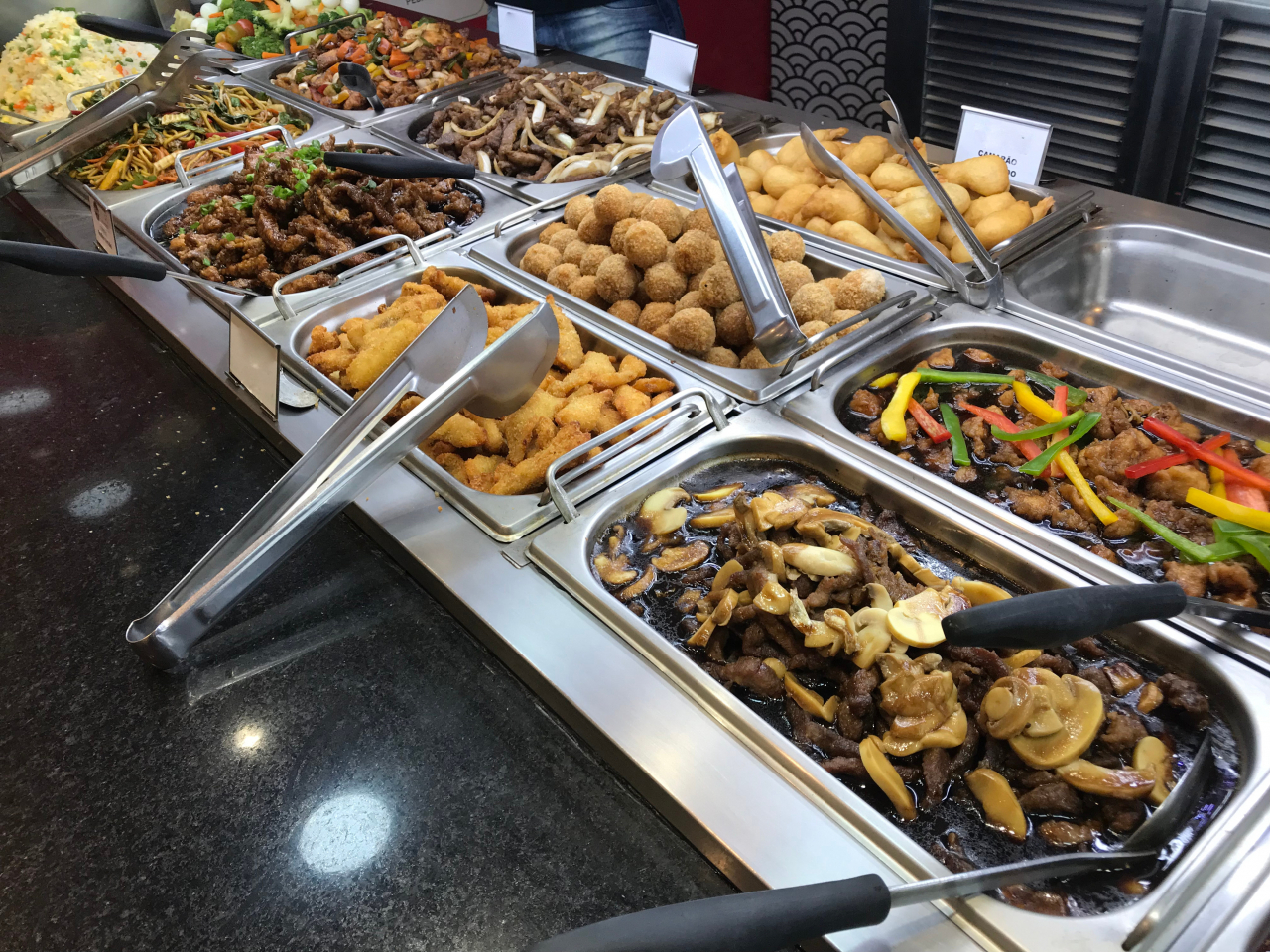[Korean Dilemma] More cafeterias for children, a way of the future
Feeding kids well through smart division of labor will be key welfare for working parents
By Kim So-hyunPublished : Feb. 21, 2023 - 09:44


Even with AI doing, or “assisting,” more and more human jobs in the future, there’s one thing we will continue to do every day even a hundred years from now: eating.
Yes, there may one day be capsules containing all the necessary nutrients that we can gulp down when we can’t be bothered to chew. But gastronomy and conversing (or arguing) at the dining table are integral parts of human life that differentiate us from other animals, or robots.
And it takes at least an hour on a daily average to buy groceries, prep and cook, then clean up after each meal, which can be energy-consuming for parents with full-time careers far away from home.
South Korea is among the Organization for Economic Cooperation and Development member countries with the lowest employment rate of college-educated women for a number of reasons, including the ossified notion that mothers should be at home to support their children’s education and well-being, of which meals take up a great part.
Thankfully, lunch is provided from preschool straight through high school, and a couple hours after school can be filled in with extracurriculars like piano or taekwondo, so it’s mainly dinner that matters on weekdays.
Working parents who spend two or three hours on the road for their round-trip commute, which is not uncommon around Seoul, either have to outsource the provision of supper to their parents or hired help, or order delivery.
That is why the small government-aided day care centers that offer meals for elementary schoolchildren and a similar cafeteria funded by Seoul’s Gangdong-gu are sterling trailblazers.
The Ministry of Health and Welfare backs local governments to run after-school care centers where elementary-aged kids can be fed and kept until 8 p.m. at a small price, with preference given to single parents or couples who are both working. Some of these centers are located within schools.
There are over 800 such centers nationwide. The only problem is that they can accommodate only about 35 regular users.
The Gangdong-gu Office-backed cafeteria is exclusive for about 30 kids aged 6 to 12. They only pay 2,500 won per meal. The meal is worth 8,000 won, but 5,500 won is covered by the district office.
Pupils of schools in Gangdong-gu whose both parents work or who belong to single-parent households can apply every six months.
The 131-square-meter facility on the second floor of a building in Amsa-dong also has a playroom and reading space where children can stay until 8 p.m. It is operated by a team consisting of a nutritionist, a teacher and a cook, with an annual budget of about 150 million won, a local report says.
Most parents would jump at the chance to get their children fed healthy food regularly in a safe and clean environment for around 8,000 won per meal.
Free school lunches for everyone were introduced about a decade ago after much debate and at the temporary cost of the Seoul mayor's political career (he reclaimed the office nearly a decade later), so it’s a matter of political drive and prioritizing.
Cafeterias run by professionals under the local government’s supervision could benefit everyone, because they consistently offer nutritious food that is often better-tasting than what tired parents can cook, children enjoy dining with their peers and parents can spend more quality time with their kids.
I would vote for any politician, regardless of his crime record or other questionable past, who is committed to expanding public cafeterias for children, or even better, for all residents in his or her constituency.
Countries like Singapore have food courts, or hawker centers, in every public housing estate, which frees Singaporeans from the pressures of cooking every day. This would work well in Korea too. The Southeast Asian country’s unemployment rate is around 2 percent.
We live in a world where smart division of labor is the key to survival, success and happiness.
As one of a handful of areas that will still be dominated by humans, instead of AI, with palates and brains stimulated by good food, cooking will increasingly be the turf of experts and people with genuine passion. Those of us who are far from epicures should just focus on what we’re better at, and spare ourselves from such undertakings where we have little talent.
If you love watching cooking shows or chefs' Instagram and find them enlightening, but are just too tired (or slow) to reenact what you saw after a day of drudgery, please join me in calling for public cafeterias.








![[Kim Seong-kon] Democracy and the future of South Korea](http://res.heraldm.com/phpwas/restmb_idxmake.php?idx=644&simg=/content/image/2024/04/16/20240416050802_0.jpg&u=)








![[KH Explains] Hyundai's full hybrid edge to pay off amid slow transition to pure EVs](http://res.heraldm.com/phpwas/restmb_idxmake.php?idx=652&simg=/content/image/2024/04/18/20240418050645_0.jpg&u=20240418181020)

![[Today’s K-pop] Zico drops snippet of collaboration with Jennie](http://res.heraldm.com/phpwas/restmb_idxmake.php?idx=642&simg=/content/image/2024/04/18/20240418050702_0.jpg&u=)